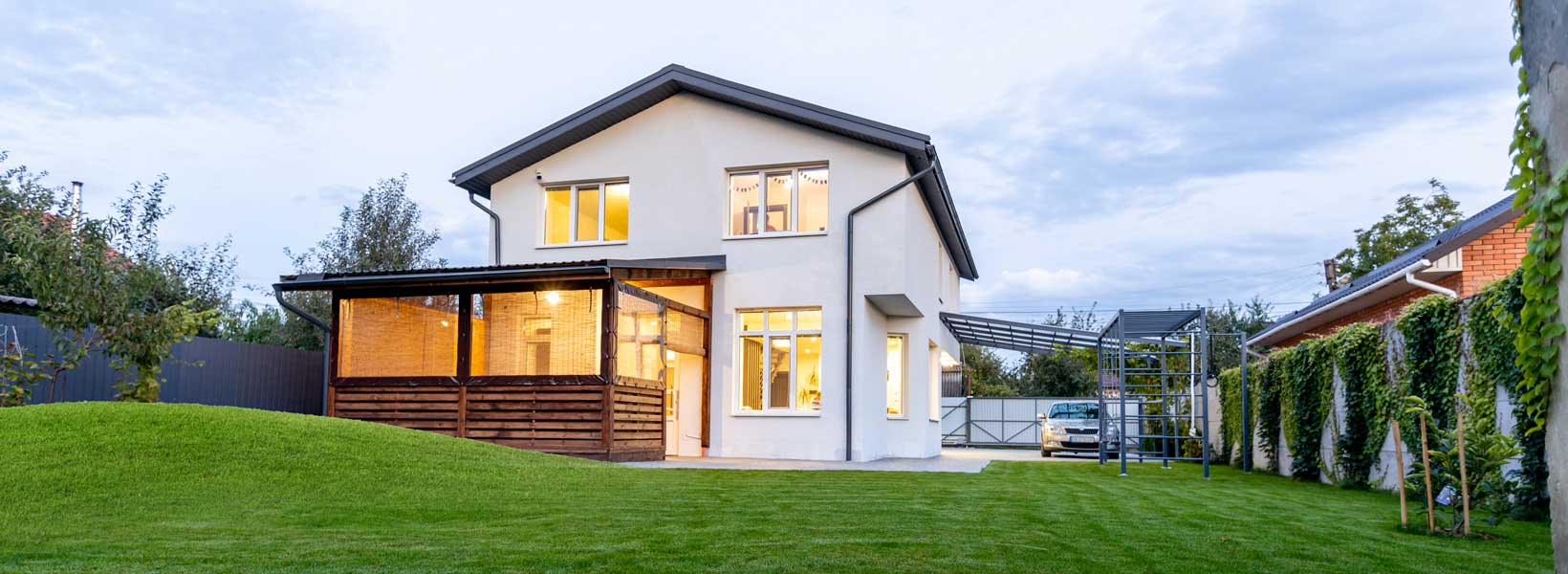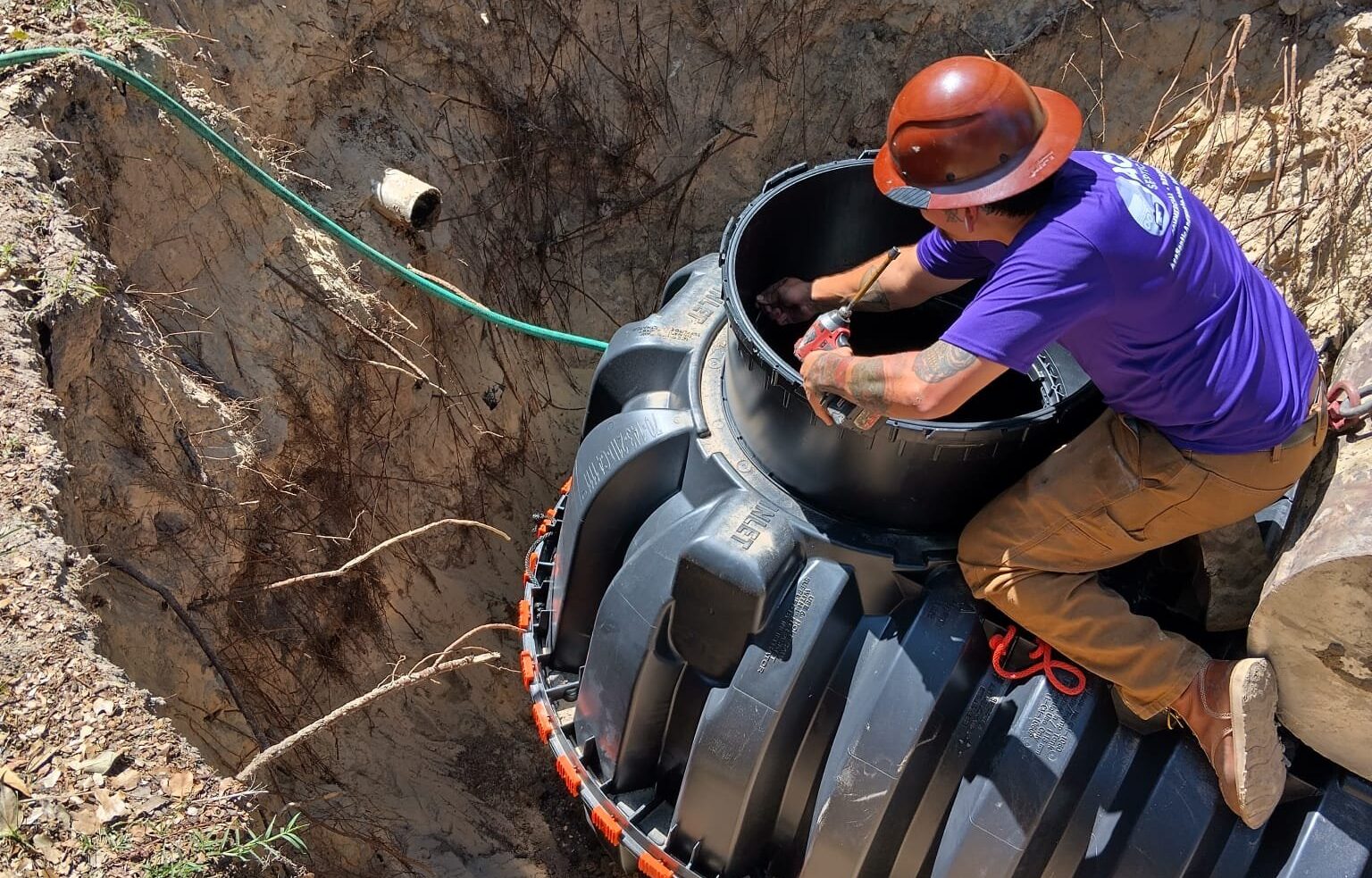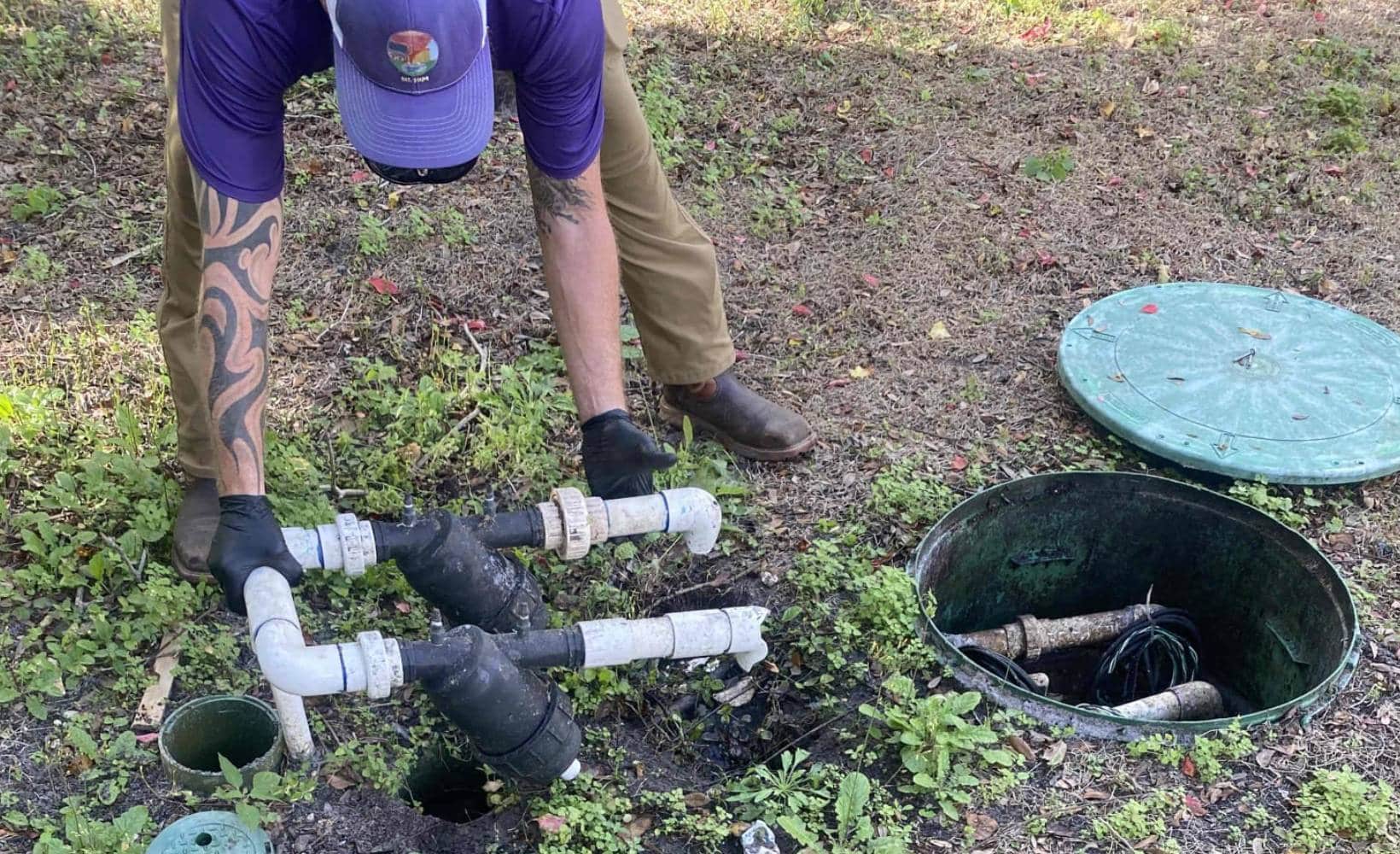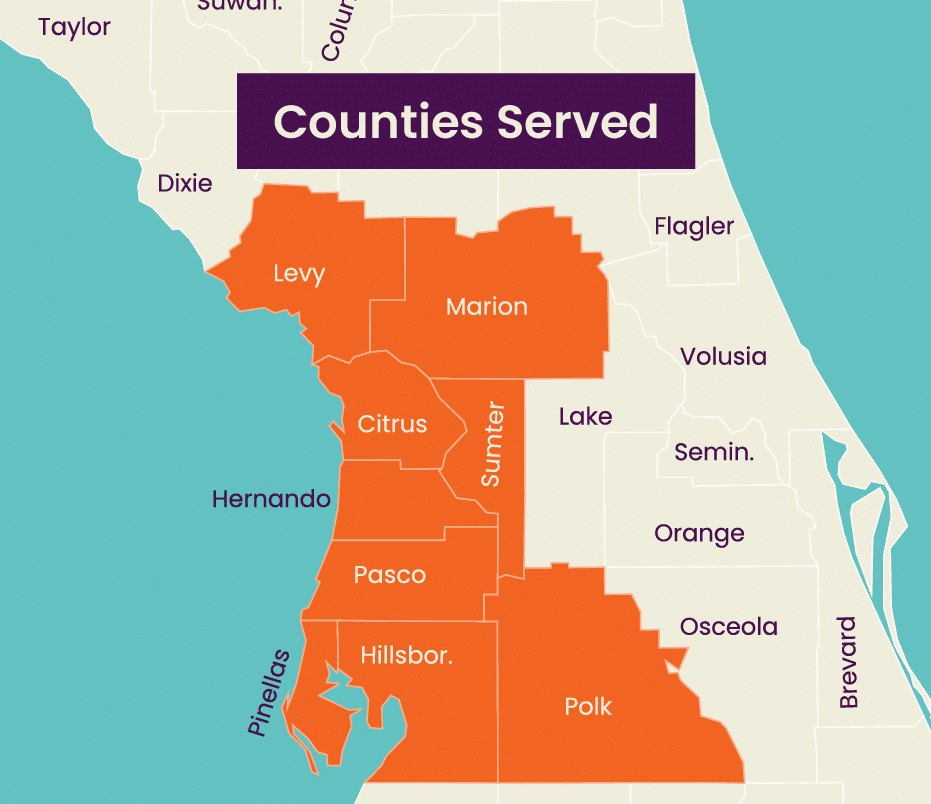As a Florida homeowner, you may have noticed large mounds on your neighbors’ lawns. You might even have a mound in front of your own home! Despite their grassy appearance, these mounds have nothing to do with nature. They’re part of the home’s septic system, called a mound septic system.
Nobody wants to think about dealing with sewage. But, there are fundamental differences between septic systems, and it’s important to understand what they are. In this blog, the ACE Septic & Waste team will explain everything you need to know about mound septic systems.
We’ll start by stating that certain homes in Florida require a mound septic system. If this applies to you, or you’d like to explore the environmentally-conscious alternative to traditional septic systems, keep reading!
What is a Mound Septic System?
A mound septic system, first developed in the 1940s by the North Dakota College of Agriculture, is an alternative to traditional septic systems.
A mound septic system consists of a dosing chamber, a septic tank, and a mound.
When you shower or flush the toilet, wastewater rushes from your home to the septic system. Solids settle to the bottom, and the rest is slowly pumped to the mound through the dosing chamber. The wastewater is partly treated as it’s being pumped. Sandy soil completes the biodegradation process.
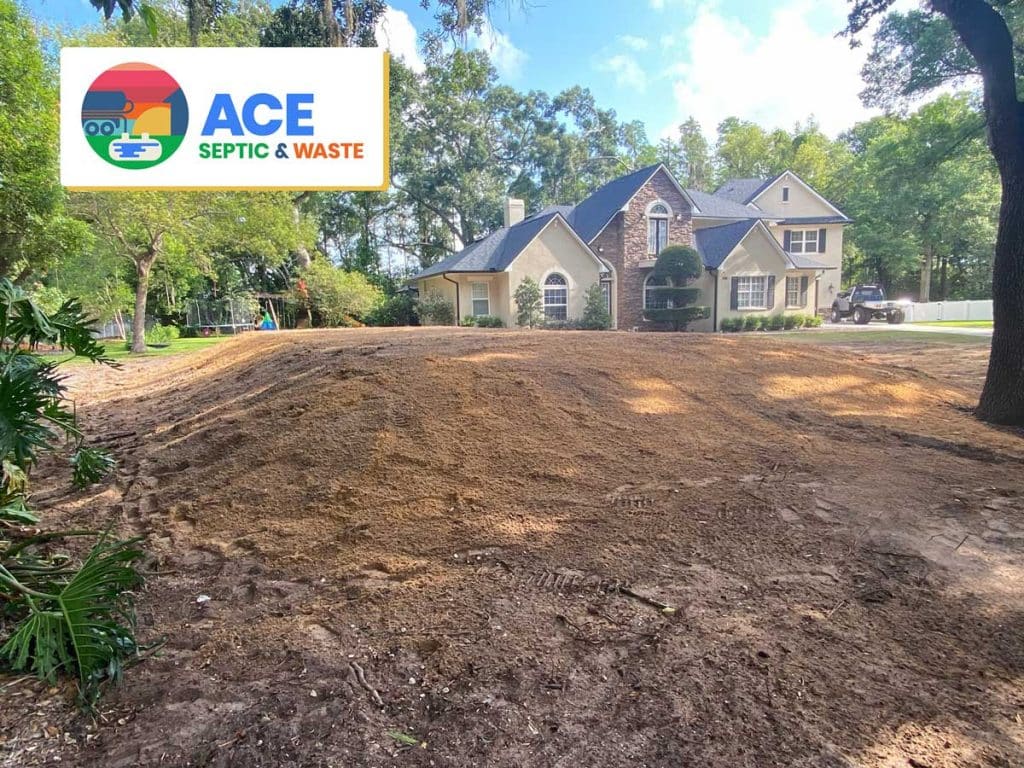
Advantages of a Mound Septic System
Mound septic systems aren’t required for every property in Florida. However, for properties that do need one, it’s good to know the vast advantages they offer.
- You don’t have to think about the soil: Soil absorption rates are vital if you’re installing an underground drainfield. However, the opposite is true if you have a mound. The takeaway is that mounds will work on properties where conventional septic systems are impractical.
- Excavation is minimal: Septic mounds require sophisticated construction, which may be more expensive than the other septic systems. However, if the construction gets completed correctly, very little excavation is needed, leaving your property untouched.
- Humidity: Mounds work better in moist, humid environments than traditional septic systems do. Humidity is an important consideration for Florida homeowners.
Disadvantages of a Mound Septic System
Although mound septic systems are rich with advantages, they aren’t perfect. Again, keep these in mind if your Florida home requires a mound septic system.
- Visibility: A mound isn’t just a fun name – it describes what it actually is! It’s a visible mound on your property. A mound system is often disguised with grass and other vegetation, but there’s no way to hide it completely.
- Limited space: The actual mound system doesn’t take up much space. However, you do need to save room for wastewater drainage.
- Smell: Mound systems exist to close the surface, making it easier for unpleasant smells to escape. If the wastewater takes too long to percolate through the soil, it could pool on the surface.
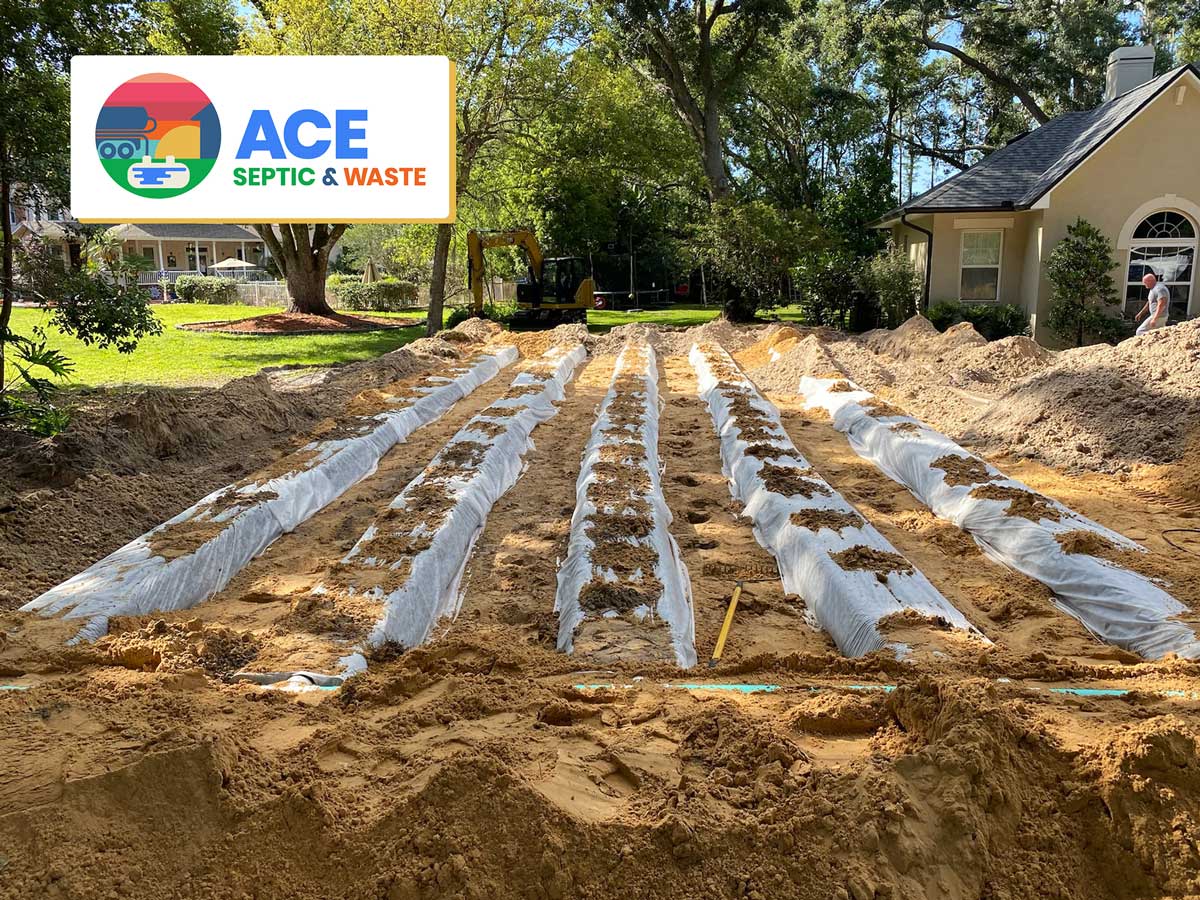
How To Take Care of Your Mound System
Just like conventional septic systems, mounds need regular attention. Each part of the system has its own maintenance rules.
Septic Tank
Here are a few tips to keep your septic tank in perfect condition:
- Inspect the tank every year and schedule regular pumpings for the solids. If you skip this step, the system will eventually clog with loose solids.
- Pay attention to waste disposal. Avoid putting harmful materials like grease and paper towels down your drains.
Dosing chamber
The dosing chamber is a concrete or polyethylene (aka poly) container that collects wastewater and a pump that moves the water to the mound. The pump works by sending regular “doses” so the mound isn’t overwhelmed with too much fluid at once.
Here are a few care tips:
- Check the pump every year as part of a condition-based maintenance plan. Parts of the mound system often wear down or break.
- Install a pump screen to prevent solids from slipping through.
The ACE Septic & Waste team will never (nor will we ever recommend) Fiberglass dosing chambers. They are too brittle and often crush due to the weight of the wastewater they take. If you are offered a fiberglass tank from any of the ACE competitors, we recommend you give us a call to get an alternative quote for a more substantial material.

The Mound
The mound, or drain field, is the final part of the system. Wastewater leaves the pipes through small holes and pours into the surrounding gravel and septic sand used for stabilization.
Here are a few tips for proper care:
- Want to plant a garden or install a new pool? Check your drain field.
- Help keep the system from overloading by practicing wise water conservation at home.
- Divert extra water runoff away from your mound.
What If The Alarm Goes Off?
The dosing chamber contains an alarm that will alert you to problems like a faulty pump or too much water flowing. Silence the alarm manually by pushing the reset button. Expert help from ACE Septic & Waste may be required, but before you call us, look for a blown fuse or a tripped circuit breaker.
Why Floridians Need To Know About Mounds
When partially treated wastewater hits the drain field, it’s fully treated by the time it reaches your water table, the level where soil meets groundwater.
However, many Floridians live on properties with high water tables. The wastewater won’t have enough time to be treated before it’s mixed with clean groundwater.
That’s why mound septic systems are common in Florida. They’re often the only choice.
Do you need installation or maintenance of a mound septic system on your Florida property? Contact the experts at ACE Septic & Waste for information.

